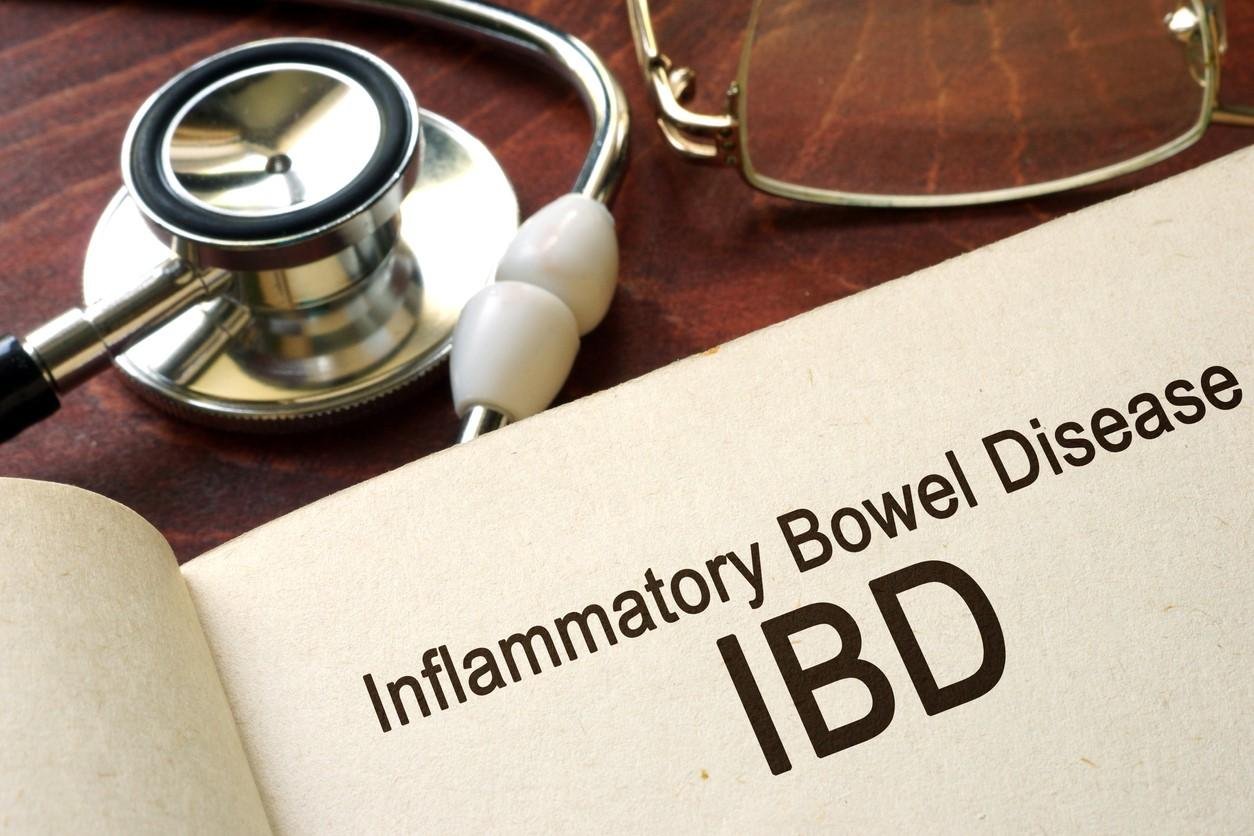Inflammatory Bowel Disease in Children
Inflammatory bowel disease (IBD) is a chronic condition that can affect people of all ages, including children. In fact, approximately 25% of people with IBD are diagnosed before the age of 20. In this blog post, we will discuss inflammatory bowel disease in children, including its causes, symptoms, and treatment options.
What is Inflammatory Bowel Disease?
Inflammatory bowel disease is a group of disorders that cause chronic inflammation of the gastrointestinal (GI) tract. There are two main types of IBD: Crohn's disease and ulcerative colitis. Crohn's disease can affect any part of the GI tract, while ulcerative colitis only affects the colon and rectum.
Causes of Inflammatory Bowel Disease in Children
The exact cause of IBD is unknown, but it is thought to be the result of an abnormal immune response. In children, IBD is often triggered by a combination of genetic and environmental factors. Children with a family history of IBD are more likely to develop the condition themselves.
Symptoms of Inflammatory Bowel Disease in Children
The symptoms of IBD in children can vary depending on the type of IBD and the severity of the condition. Common symptoms of IBD include:
Abdominal pain and cramping
Diarrhea
Rectal bleeding
Weight loss
Fatigue
Poor appetite
Delayed growth and development
Children with IBD may also experience extra-intestinal symptoms, such as joint pain, skin rashes, and eye inflammation.
Diagnosis of Inflammatory Bowel Disease in Children
Diagnosing IBD in children can be challenging, as many of the symptoms are non-specific and can be caused by other conditions. To diagnose IBD, a pediatric gastroenterologist will typically perform a combination of tests, including blood tests, stool tests, imaging tests, and endoscopy. A biopsy may also be taken during an endoscopy to confirm the diagnosis.
Treatment of Inflammatory Bowel Disease in Children
The goal of treatment for IBD in children is to reduce inflammation and manage symptoms. Treatment options may include medication, dietary changes, and in severe cases, surgery. Medications used to treat IBD in children include aminosalicylates, corticosteroids, immunomodulators, and biologic therapies.
In addition to medication, dietary changes may be recommended to help manage symptoms. This may include avoiding trigger foods, increasing fiber intake, and taking vitamin and mineral supplements.
In severe cases, surgery may be necessary to remove the affected part of the GI tract. However, surgery is typically a last resort and is only recommended if other treatment options have failed.
Conclusion
Inflammatory bowel disease is a chronic condition that can significantly impact a child's quality of life. However, with the right treatment, most children with IBD can manage their symptoms and lead a relatively normal life. If your child is experiencing symptoms of IBD, it's important to seek medical attention from a pediatric gastroenterologist who can provide an accurate diagnosis and appropriate treatment.
